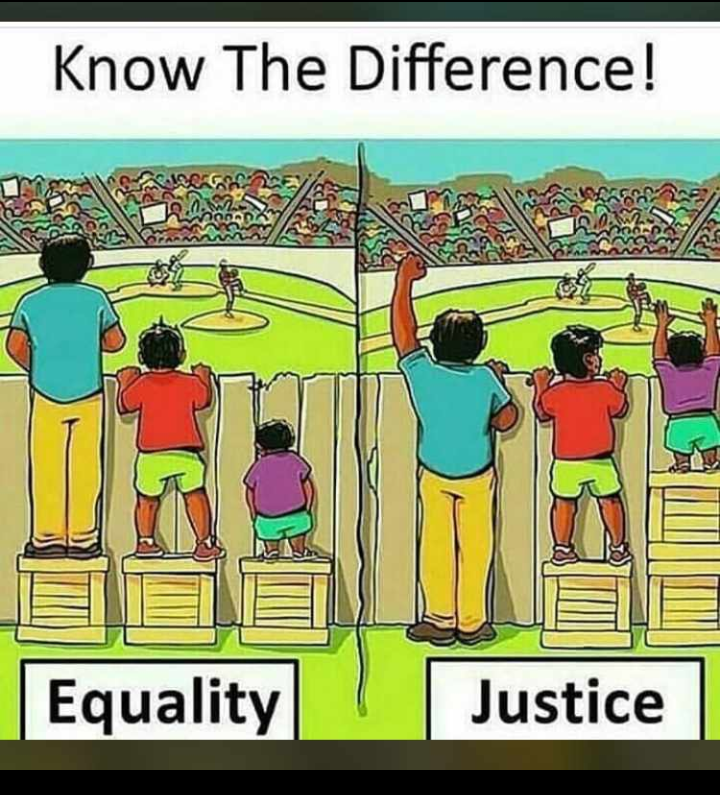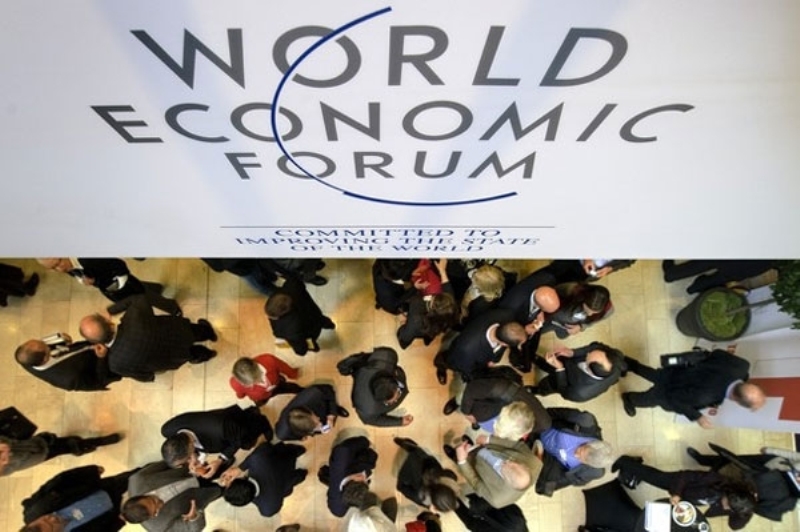The World Economic Forum has once again released its Global Gender Gap Report, drawing headlines across domestic media about Iran’s low ranking. But is uncritical reliance on this report—measuring gender equality via Western-centric indicators—truly appropriate for evaluating Iranian society and its values?
1. Root of the Issue: Equality vs. Justice
Islam views women not in opposition to men but alongside them, grounded in justice rather than gender equality. The Global Gender Gap Report assesses based on gender equality—a notion that conflicts with Islamic perspectives recognizing natural differences and roles. The report’s numeric parity overlooks preserving a woman’s dignity and allocating women positions fitting their nature and abilities; thus, using it as a benchmark for the Islamic Republic reflects a fundamental methodological error.
2. Women’s Role and Economic Participation
In Islamic thought, men bear financial responsibility for the family; while women can work and keep their earnings, there is no obligation for them to contribute economically. Therefore, a woman’s value lies in her social impact, not in employment. By contrast, the World Economic Forum emphasizes women’s economic participation as a measure of equality, disregarding societal models where women are not expected to be breadwinners—an ideological mismatch that skews Iran’s ranking.

3. The Report as a Product of Neoliberal Capitalism
The World Economic Forum is no independent arbiter but part of global neoliberal structures headquartered in Davos, funded by wealthy corporations. Its benchmarks reflect Western capitalist lifestyles, promoting concepts like the “gender gap” as universal metrics. Should Iran willingly compare itself to such measures that ignore its ethos and worldview?
4. Domestic Media Error: Cultural-Context-Free Amplification
Iranian media often reproduces these reports without critique—failing to ask whether the indicators align with Iran’s cultural framework. This blind amplification undermines public trust in domestic institutions. To use such data constructively, we must first critique it from our values, rather than accepting it unexamined.
Ultimately, any gender gap in Iran should be assessed through the lens of justice, not equality. Reform must be grounded in Islam’s deep, holistic view of womanhood, family, economics, and governance. Properly understood, this perspective is not at odds with progress—it offers the most complete human ideal. We need to redefine our benchmarks—not merely echo global rankings that misunderstand the essence and dignity of women.
From: fars


